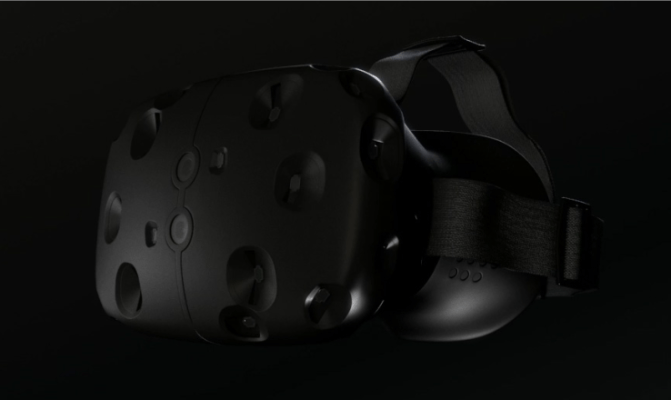HTC is planning to release its extremely well-received virtual reality headset Vive to consumers later this year, possibly in November. In the meantime, the Taiwanese company is busy building out its VR ecosystem. HTC disclosed that it spent almost $10 million for a 15 percent stake in WEVR, an open VR platform and community based in Los Angeles.
HTC’s investment in WEVR makes sense because it’s a chance for the company to create more content for Vive, which will be an important selling point for potential buyers.
In addition to enabling developers to create and publish VR content, WEVR also runs a grant program called OnWEVR that awards virtual reality producers from $5,000 to $50,000 to support projects.
Vive represents a departure from HTC’s lagging smartphone business. Its has struggled to compete with Apple, Samsung and (more recently) Xiaomi over the past two years, and its shares recently took a nosedive and hit a 10-year low after its flagship phone, the M9, bombed because it did not differentiate enough from devices by competitors (or, for that matter, its predecessors the M7 and M8).
While Vive has been well-reviewed and is expected to be a major rival to Facebook-owned Oculus Rift, HTC still has a ways to go before its VR gambit succeeds.
For one thing, it needs to build enough quality content to convince people that a Vive is worth purchasing. Its price has not been disclosed but is expected to be higher than Oculus Rift. In order for Vive to gain traction among a wide audience, it’s important for HTC to develop content that will appeal to non-gamers (HTC has talked to potential partners like HBO and Lion’s Gate).
TechCrunch has contacted WEVR for more information on how they plan to use their capital from HTC.
